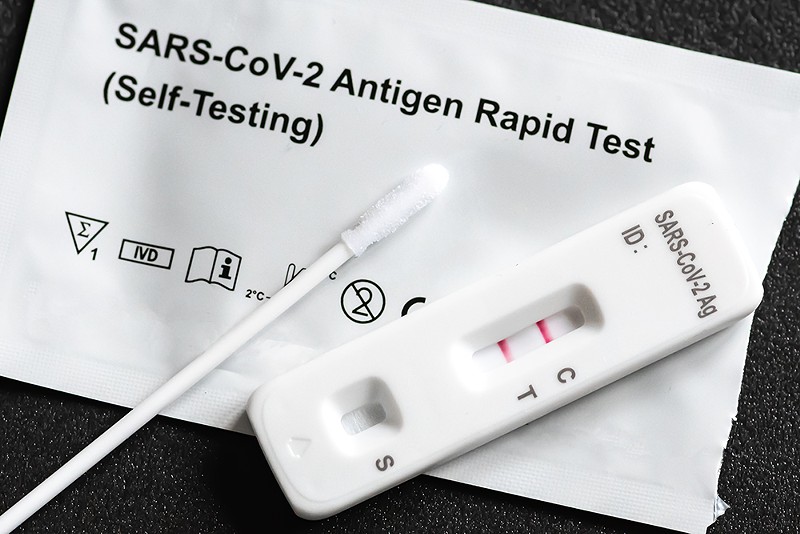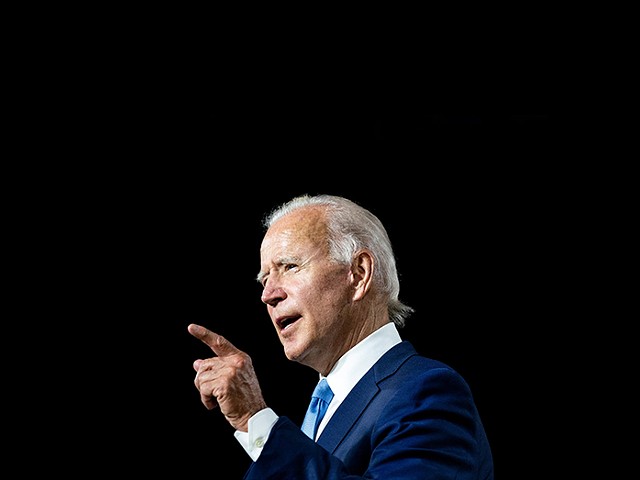
After tossing and turning with night sweats, I woke up on Sunday, April 24 feeling like my legs were burning. My temperature was 101.5. I immediately took a rapid test, already knowing what it would show. Surely enough, I was positive.
That first day felt like having been hit by a truck. I could barely go up a flight of stairs without breaking a sweat. Though I’m feeling a bit better, I spent the next two days isolating in my office, wearing an N95 whenever I enter shared spaces. My wife and I are desperately trying to protect my unvaccinated 4-year-old.
Our family has gone the entire pandemic — more than two years — without testing positive. Given what I do for a living, we’ve been fastidious about protecting ourselves. Sarah and I are both triple-vaxxed. Our family has been using N95s or KF94s in crowded indoor settings since early 2021. Sure, there have been close calls, near-miss exposures, but always a negative test.
Until now.
Per the Centers for Disease Control and Prevention, even though COVID cases have been climbing in my county, there is no mask recommendation currently in place. We’ve been told, instead, to use our own judgment. This “choose your own adventure” period of the pandemic has meant that social expectations around social gatherings are mixed and confusing.
While we all make our own decisions, those decisions are heavily influenced by the shared norms around us.
tweet this
Ramadan — the month of fasting — is also a month of congregation in the Muslim community. Folks host gatherings for the sunset iftar meal, and there are congregational prayers every night. For two years, these experiences have been all but absent, curtailed by the pandemic. This year has been the first where congregational prayers aren’t socially distanced and masks required. Iftar gatherings are back in full force.
Don’t get me wrong, I’m glad that there’s been some reprieve — cases are, indeed, lower than they have been in some time. Our family has enjoyed spending a bit more time with friends and loved ones throughout this month. But I’m almost certain I was infected at a large iftar gathering I attended.
I knew the risks but, considering the mood, I downplayed them. I’m paying for it now. While, of course, we all make our own decisions, those decisions are heavily influenced by the shared norms around us. And I worry right now that the zeitgeist of this moment has lulled too many of us into a false sense of security. There’s the illusory truth effect — by which repeated exposure to falsehood renders us more likely to believe it. On the other side, there’s the false consensus effect, whereby we tend to see our own choices as “common and appropriate.” What we’re left with is a self-reinforcing set of beliefs and behaviors that have interpreted the pandemic risks right down to zero.
What’s worse is that policymakers have followed suit. Testing centers around the country have been decommissioned. Congress has yet to fund continued testing, treatment, and vaccinations. When I tried to learn more about Test to Treat options, the local websites were hard to navigate, and many of the links were simply broken, a striking microcosm of our overall COVID response.
As cases climb, there are going to be thousands of people who will be infected with COVID in the coming months, most of them for the very first time. For them, like for my family and me, the pandemic is certainly not over. It’s time to stop pretending like it is.
Originally published April 26 in The Incision. Get more at abdulelsayed.substack.com.
Stay connected with Detroit Metro Times. Subscribe to our newsletters, and follow us on Google News, Apple News, Twitter, Facebook, Instagram, Reddit, or TikTok.






